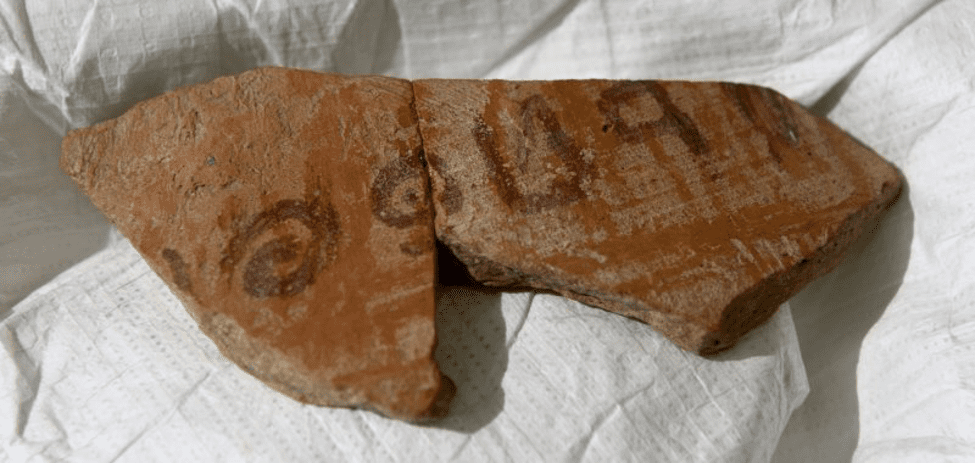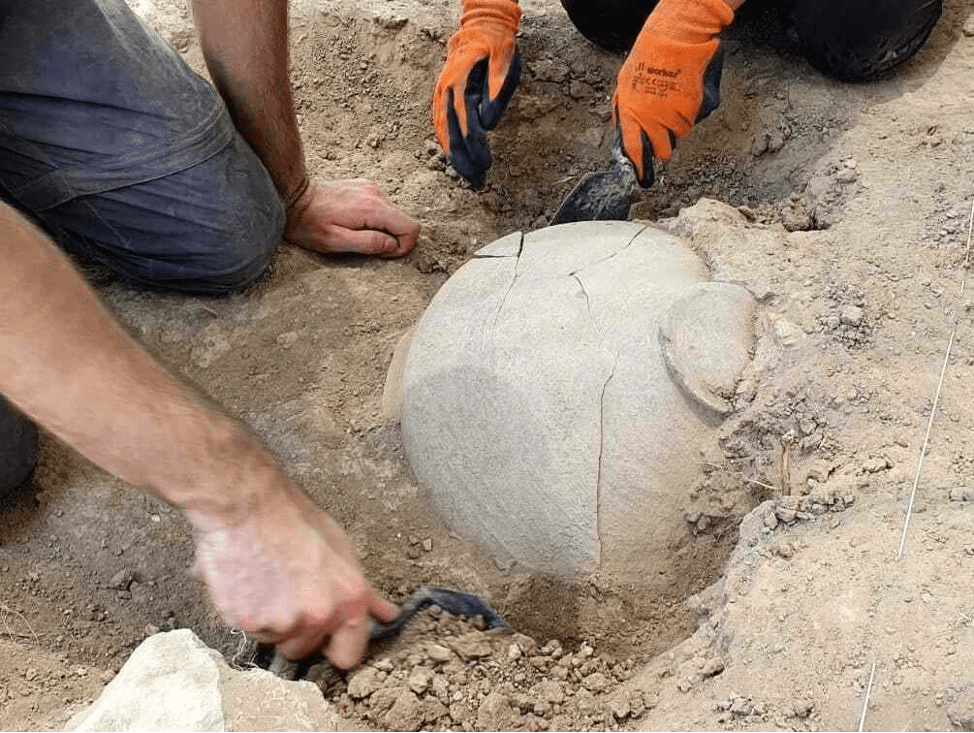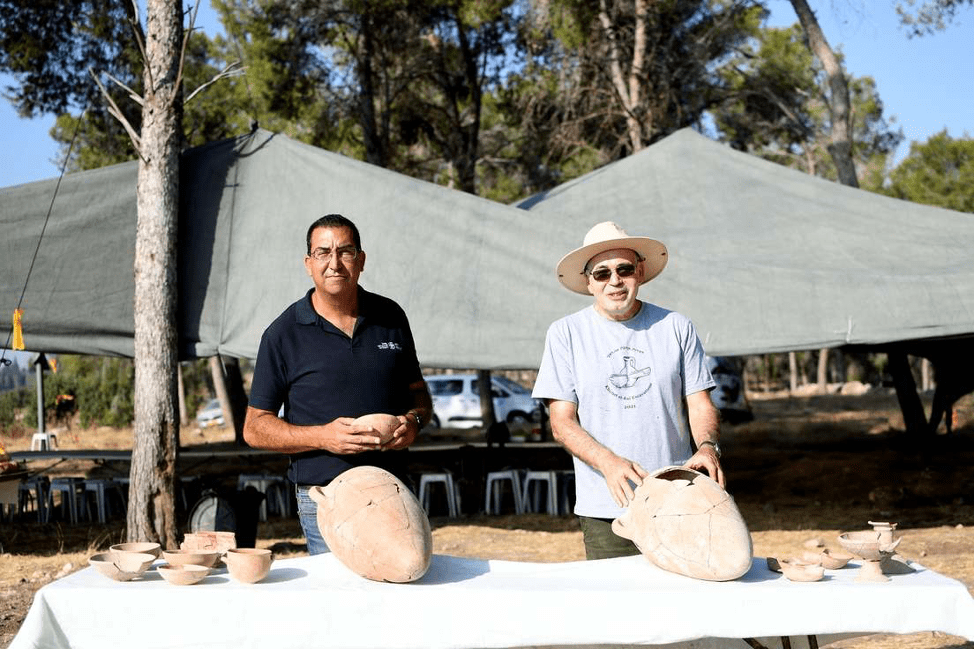Excavation might not always lead to promising results, but sometimes the findings are so mind-blowing that you may need a couple of minutes to digest facts. A 3100-year-old inscribed vessel was only recently found in the Judean foothills by a team of Israeli archaeologists. What's even more shocking is that this dates back to the time of the biblical judges and even has a name from the Book of Judges brandished on it.

UPI | The inscription reads in Early Alphabetic/Canaanite script, which has been found in the past from the Levant and Egypt
More on the Discovery
The artifact found – a small jug dating to 1,100 BCE – is said to be inscribed in ink with the name ‘Jerubbaal’ or ‘Yeruba’al’. Retrieved from a storage pit in Khirbet el Rai, archaeologists deem it to be the first evidence relating to biblical stories. Never before has such an artifact been discovered with a biblical name contemporary to the period.

Facebook, AntiquitiesEN | Given its condition, the team had to be very careful with the vessel
Judge Gideon ben Yoash was named Jerubbaal. However, as the UPI reports, archaeologists can’t confirm whether the owner of the jug was the judge himself. As is known, the name Jerubbaal was quite common at the time of the biblical judges, so chances are the jug might belong to someone else entirely. However, professors at the Hebrew University of Jerusalem and lead archaeologists on-site Sa’ar Ganor and Yossef Garfinkel seem to believe that the vessel belongs to none other than judge Gideon.
The experts also uncovered details from the bible relating to Jerubbaal found in chapters 6-8 in the Book of Judges. As stated in the holy book, the judge gathered an army of 300 soldiers and attacked the Midianites at night time near Ma’ayan Harod.

Facebook, AntiquitiesEN | Lead archaeologists at work on site
An Ongoing Debate
Whether the artifact does or doesn’t belong to the biblical judge, the debate remains open as to where biblical tradition is a compilation of historical facts or a reflection of reality passed.
Before the finding, when interview earlier, archaeologist Garfinkel stated that biblical history, geography, and pottery recovered from the area indicates that Khirbet el Rais is Ziklag’s Philistine town where David escaped King Saul.
The evidence is too little to say anything for sure, said Garfinkel in an interview this time around. However, this is the first time that any kind of meaningful inscription from this period has been recovered from the area.




